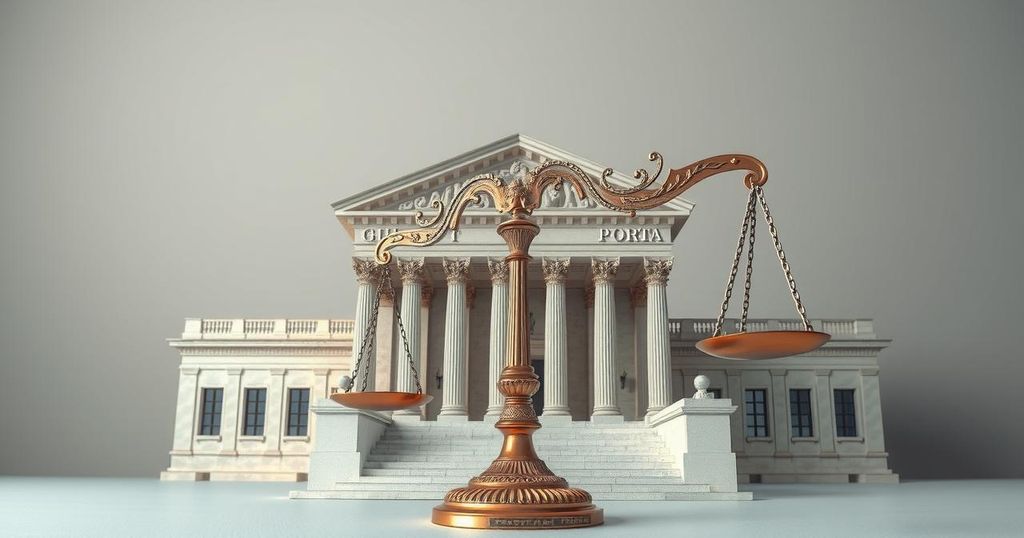South Sudan’s President Salva Kiir has dismissed two vice-presidents and the spy chief amid unresolved tensions following a 2018 peace agreement. The dismissals are part of an ongoing political realignment in the oil-rich nation, which continues to grapple with instability and the absence of elections since its independence in 2011. Key appointments have stirred speculation about the country’s future leadership.
President Salva Kiir of South Sudan has announced the dismissal of two vice-presidents, the spy chief, and several senior officials through a series of presidential decrees broadcasted on state media. The reasoning behind these decisions has not been disclosed, and they occur within the context of a complex political landscape shaped by the 2018 peace agreement intended to resolve ongoing tensions after years of civil strife.
The political structure of South Sudan includes five vice-presidents as outlined in the peace deal, designed to maintain stability following the nation’s tumultuous history. Among those removed are James Wani Igga, a long-serving vice-president and prominent politician, and Hussein Abdelbagi Akol, affiliated with a minor opposition alliance.
Taking over Igga’s position is Benjamin Bol Mel, who has a controversial past including U.S. sanctions for alleged corruption. Mel was previously involved in special initiatives within the presidency and has been speculated as a potential future leader of the country. Despite these reshuffles, no new appointments have been made for the health minister and the governor of Western Equatoria, both from Riek Machar’s party, nor a permanent replacement for the recently sacked spy chief.
The peace agreement allows the president the authority to appoint and remove officials across both national and state levels, albeit requiring consent from other parties for officials belonging to those parties. The lack of communication from Machar’s SPLM-In Opposition party regarding the recent dismissals raises further questions about intra-party dynamics and leadership consensus.
Since achieving independence in 2011, South Sudan has been marred by instability, with elections continuously delayed; the first anticipated nationwide vote was scheduled for 2015 but was overshadowed by armed conflict. The subsequent elections scheduled for 2022 have also been postponed, pushing the timeline for voting to December 2026.
In summary, President Kiir’s recent administrative changes reflect ongoing tensions within South Sudan’s political landscape since the country’s independence. The unexpected firing of key officials raises questions regarding the potential implications for stability and governance. The absence of elections since independence further complicates the political environment as the nation prepares for a future vote slated for 2026.
Original Source: www.bbc.co.uk






